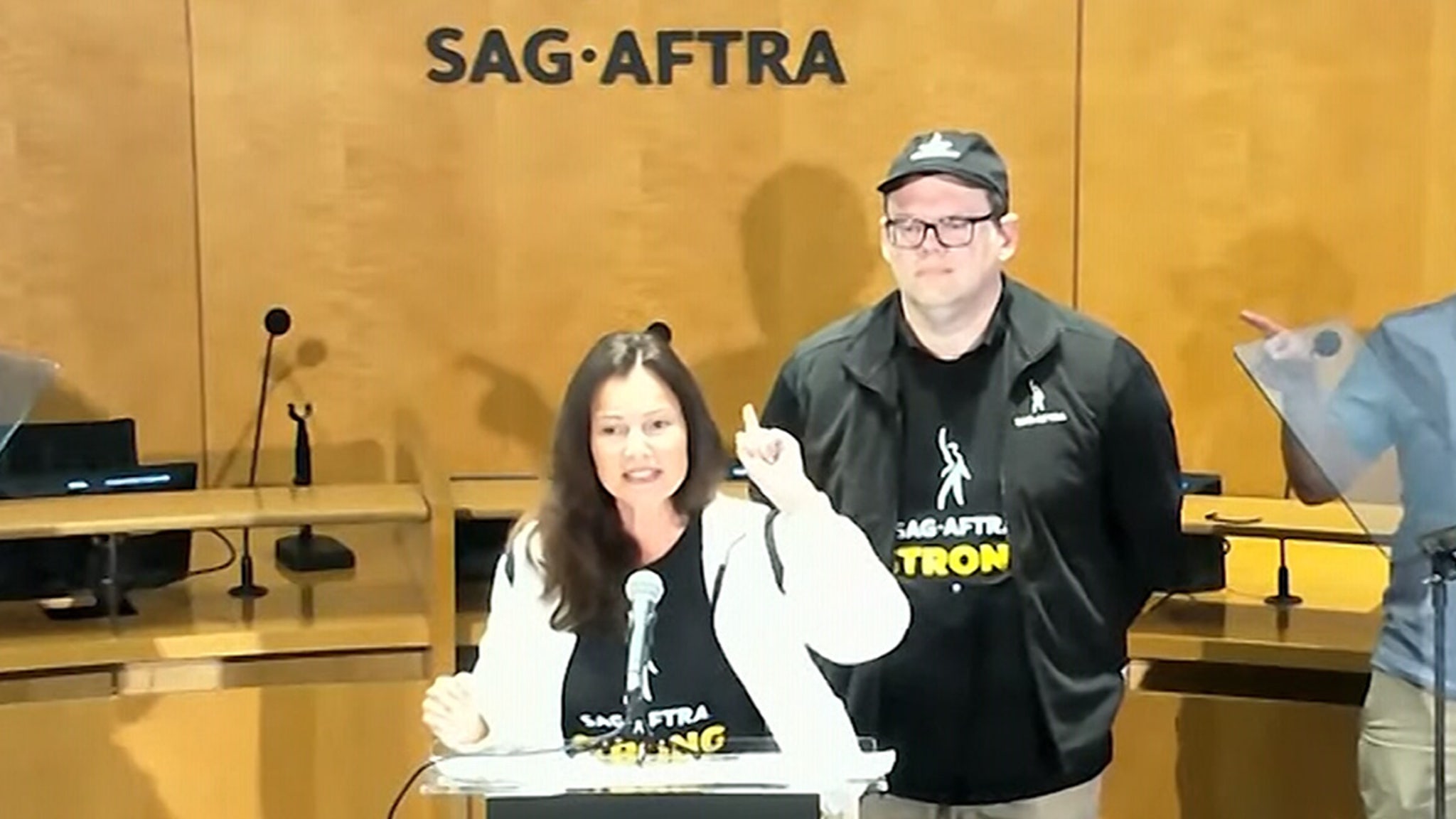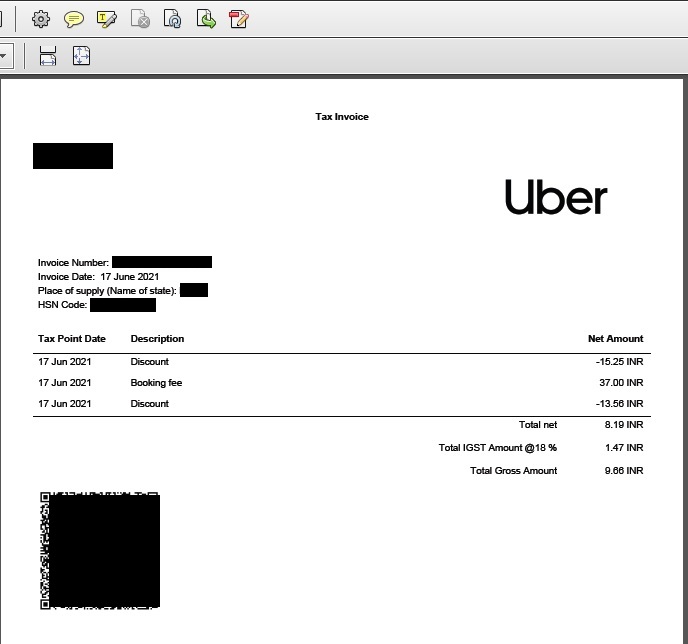Hollywood Shutdown: Actors And Writers On Strike — What It Means For Film And TV

Table of Contents
The Writers' Strike: Core Issues and Demands
The writers' strike, initiated by the Writers Guild of America (WGA), highlights the seismic shift in the entertainment industry brought about by streaming services. The traditional model of television production, with its established system of residuals and fair compensation, has been significantly disrupted.
Fair Wages and Residuals in the Streaming Era:
Writers are facing unprecedented challenges in the streaming era. The shift from traditional broadcast television to streaming platforms has drastically altered the compensation landscape. Residuals, the payments writers receive each time their work is re-aired, have significantly diminished, creating financial instability for many.
- Specific Demands: The WGA is demanding:
- Minimum pay increases to reflect the cost of living and inflation.
- Fair residuals for streaming platforms, mirroring the compensation received in the traditional broadcast model.
- Improved working conditions, including reasonable hours and appropriate staffing levels.
- The Widening Gap: Statistics show a stark disparity between the earnings of successful and struggling writers. The current system, largely skewed in favor of streaming giants, often leaves many writers struggling to make ends meet. The lack of fair residuals on streaming services exacerbates this inequality.
AI and the Future of Screenwriting:
The rise of artificial intelligence is another key concern for writers. The WGA is demanding safeguards to prevent AI from replacing human writers. Their concerns extend to the potential for AI to be used to generate scripts, diminishing the role of human creativity and potentially leading to job displacement.
- AI-Generated Scripts: While AI can assist with tasks like outlining and generating basic dialogue, it lacks the nuanced understanding of human emotion, complex character development, and narrative storytelling that are essential components of compelling screenwriting.
- The Threat to Creativity: The unchecked use of AI in scriptwriting threatens to homogenize storytelling and diminish the unique voices and perspectives that make film and television so engaging. The writers fear a future where AI algorithms dictate narratives, leading to a less diverse and imaginative output.
The Actors' Strike: Pay, Working Conditions, and AI Concerns
The Screen Actors Guild - American Federation of Television and Radio Artists (SAG-AFTRA) joined the writers on the picket lines, amplifying the call for industry-wide reform. Their concerns echo many of the writers' issues, with a particular focus on fair compensation, improved working conditions, and the ethical use of AI.
Fair Compensation and Residuals for Actors:
Similar to writers, actors are grappling with the impact of streaming on their earnings. Residuals, which traditionally provided a significant portion of their income, have plummeted in the streaming era. This financial instability is forcing many actors to take on multiple jobs just to make ends meet.
- Streaming Revenue Disparity: The lucrative revenue generated by streaming platforms is not adequately reflected in actors' compensation. While streaming services generate billions in profit, actors often receive minimal payments, especially for projects with long-term streaming success.
- Impact on Livelihoods: The diminished residuals are significantly impacting the financial stability of actors, particularly those who rely on these payments for their living expenses and retirement planning.
Self-Tape Auditions and Working Conditions:
The prevalence of self-tape auditions, while seemingly convenient, has placed a burden on actors. They are responsible for all aspects of the audition process, including location, equipment, and technical support, often at their own expense.
- Cost and Support: The cost of professional-grade equipment and the lack of support during the audition process place an unfair burden on actors.
- Working Conditions: Long working hours, safety concerns on set, and the need for improved healthcare benefits are additional concerns highlighted by SAG-AFTRA.
AI and the Use of Actors' Likenesses:
Actors are also concerned about the unethical use of AI to replicate their likenesses and voices without their consent or compensation. This technology poses a significant threat to actors' livelihoods and raises ethical concerns about exploitation.
- Ethical Implications: The use of AI to create digital twins of actors raises profound ethical questions about ownership, consent, and the potential for devaluing human performers.
- Legal Ramifications: The legal framework surrounding the use of AI in this context is still evolving, and actors are seeking clear guidelines and protections against unauthorized usage.
The Impact of the Hollywood Shutdown on the Industry
The Hollywood shutdown has far-reaching implications for the entire entertainment industry, extending beyond the striking actors and writers.
Production Delays and Economic Fallout:
The strike has caused widespread delays in film and television productions. This has a ripple effect, impacting numerous related industries, including catering, transportation, and post-production services.
- Economic Consequences: The financial losses associated with the strike are staggering. Estimates suggest billions of dollars in losses for production companies, studios, and related businesses.
- Impact on the Economy: The shutdown's economic consequences extend beyond Hollywood, impacting local economies that rely on the film and television industry.
The Impact on Viewers and Consumers:
The strike's impact is also felt by viewers and consumers. A shortage of new content is anticipated, potentially leading to delays in the release of highly anticipated films and television shows.
- Shortage of New Content: The continued strike will undoubtedly impact the availability of fresh programming for streaming platforms and broadcast networks.
- Long-Term Consequences: The long-term consequences for the entertainment industry remain uncertain, but it's likely that the strike will lead to significant changes in the way films and television are produced and compensated for.
Conclusion
The ongoing Hollywood shutdown, fueled by the writers' and actors' strikes, presents a critical juncture for the film and television industry. Addressing the core issues of fair compensation, the impact of streaming, and the ethical considerations surrounding AI is paramount to resolving the strike and ensuring the future viability of the creative workforce. Staying informed about the developments of this Hollywood shutdown and understanding the demands of the striking actors and writers is vital for anyone involved in or passionate about the entertainment industry. Keep checking back for updates on the Hollywood shutdown and its potential resolutions.

Featured Posts
-
 Ramazan Bayrami Gazze De Anadolu Ajansi Raporlari
May 19, 2025
Ramazan Bayrami Gazze De Anadolu Ajansi Raporlari
May 19, 2025 -
 The Uber Uber Investment Case A Detailed Look
May 19, 2025
The Uber Uber Investment Case A Detailed Look
May 19, 2025 -
 Kaa Gent Negotiating New Deal With Super Eagles Player
May 19, 2025
Kaa Gent Negotiating New Deal With Super Eagles Player
May 19, 2025 -
 Erling Haaland Leads Norway To Victory In World Cup Qualifier Against Moldova
May 19, 2025
Erling Haaland Leads Norway To Victory In World Cup Qualifier Against Moldova
May 19, 2025 -
 Ufc 313 Alex Pereira Vs Magomed Ankalaev Complete Event Preview
May 19, 2025
Ufc 313 Alex Pereira Vs Magomed Ankalaev Complete Event Preview
May 19, 2025
